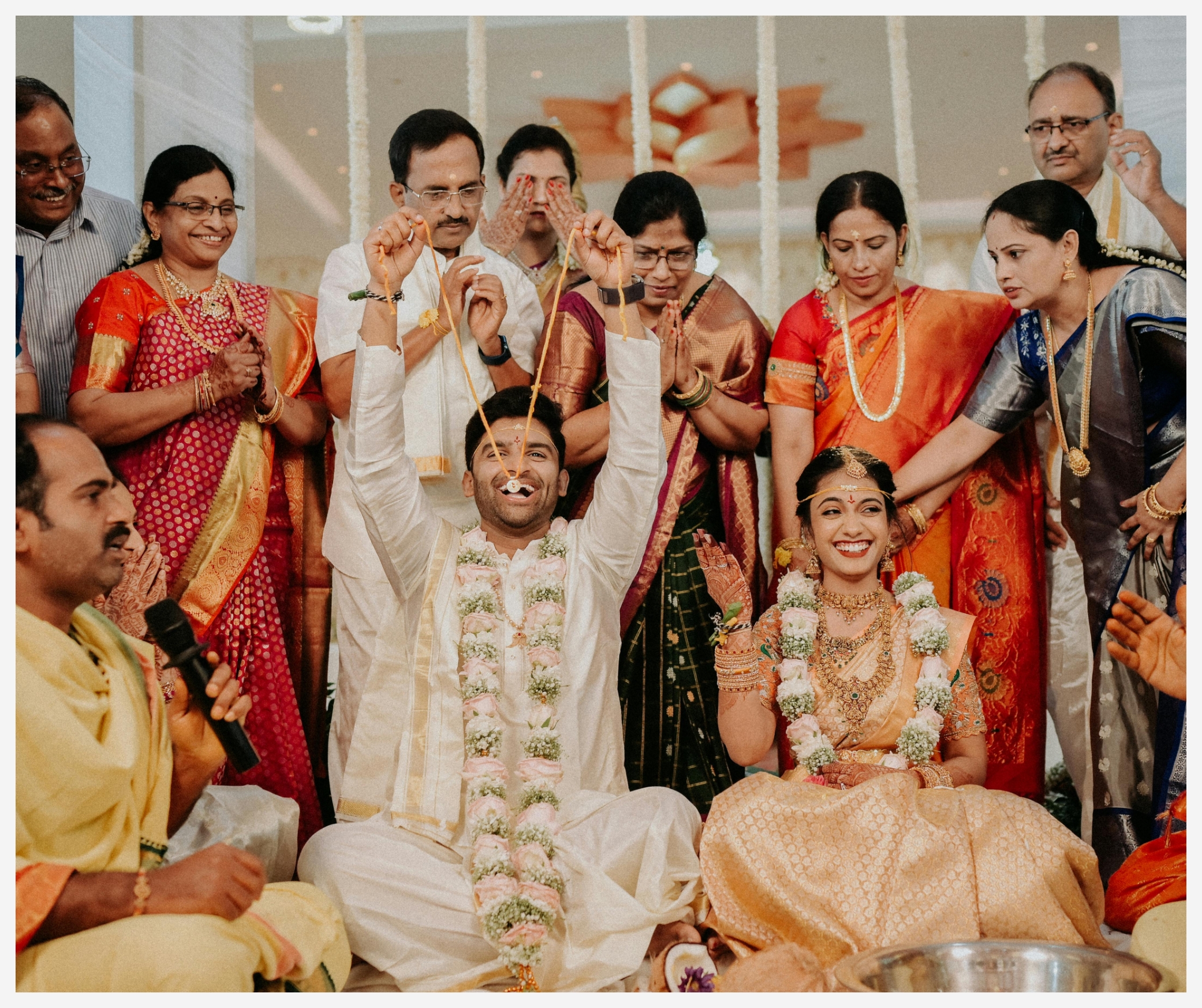
GUEST LIST
RSVP
INVITE STRATEGY
Perfectly
WED
How to Create the Perfect Guest List
without Drama
Topics
Weddings are a celebration of love, family, and togetherness. But behind the scenes, one of the trickiest challenges every Indian couple faces isn’t choosing the outfits or finalizing the caterer—it’s deciding who makes it to the guest list. In a culture where weddings are as much about community and social status as they are about the couple, narrowing down the invite list can quickly turn emotional, political, and occasionally, chaotic.
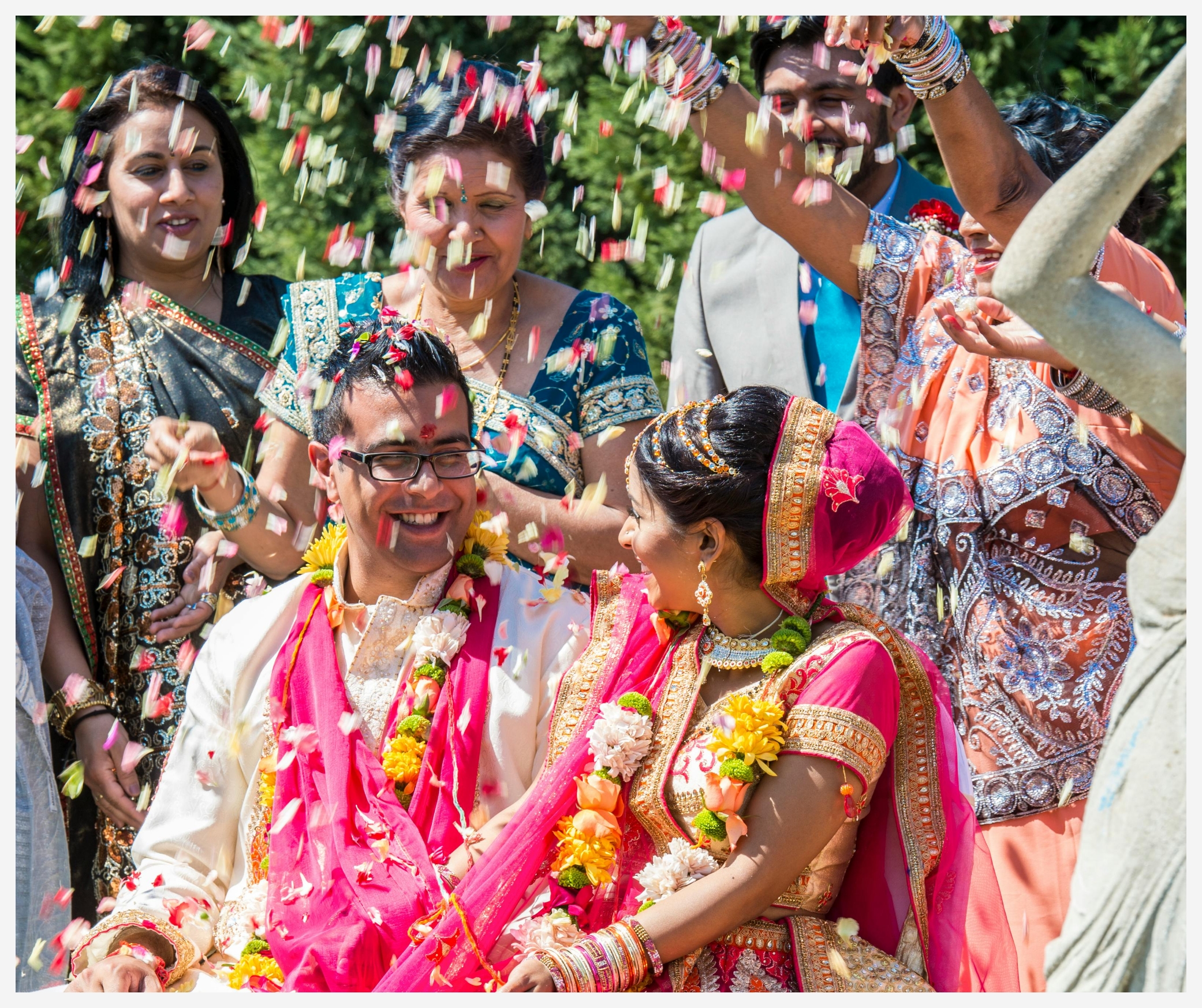
It often begins with optimism. The couple sits down to discuss names and agrees to keep it small and intimate. But then parents chime in with names from their social circles, relatives expect invites for extended families you’ve never heard of, and suddenly your modest guest count has ballooned into the hundreds. The pressure to please everyone can be intense, and if not handled sensitively, the guest list can become a source of stress rather than joy.
The key to navigating this sensitive task lies in clarity, communication, and compromise. Begin by deciding what kind of wedding you truly want. Is it an intimate celebration with just your closest people, or a grand event with everyone from your tuition teacher to your dad’s old office colleague? There’s no right answer—it’s about what feels right to you and what fits within your budget and venue capacity.
Once that vision is clear, sit down with both families and define the maximum number of guests you can comfortably accommodate. This number should be rooted in practical considerations like venue space, catering costs, and how personal you want the event to feel. It’s crucial that everyone involved understands this limit, so they can work within it.
Next, divide the total number of guests into three broad categories: the couple’s guests, the bride’s family, and the groom’s family. This ensures equal representation and prevents anyone from feeling sidelined. Each group should create their list independently, prioritizing close relationships and mutual respect.
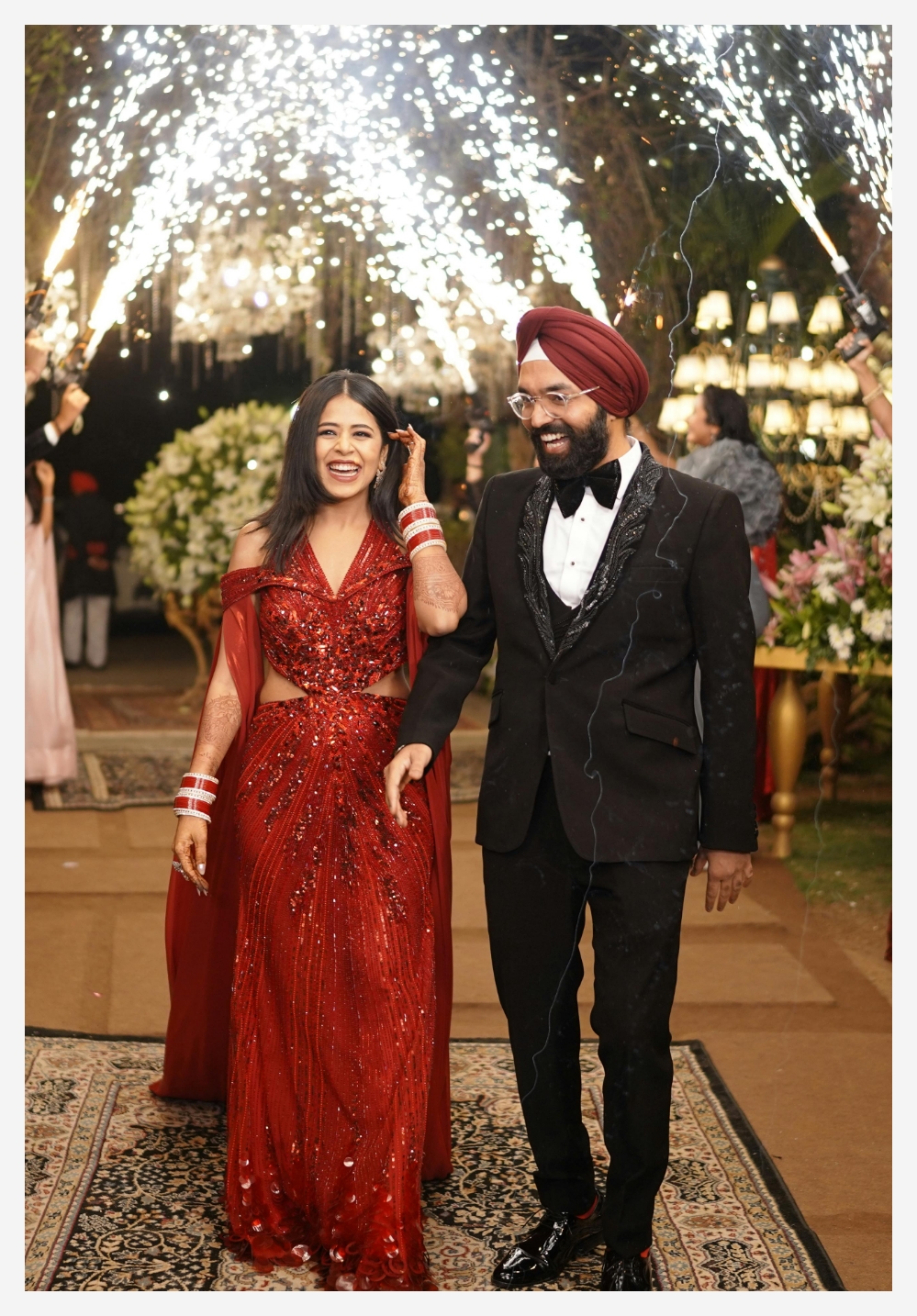
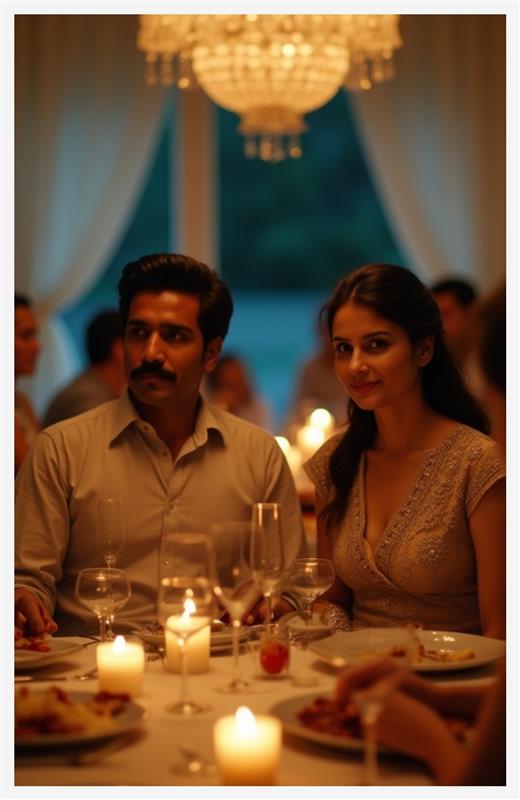
Tensions often arise when distant relatives or acquaintances are added due to obligation. This is where tact and communication play a vital role. Have an honest conversation with your families about who truly needs to be there. Encourage them to focus on people who have played a meaningful role in your lives. Remind them that every guest takes up space, budget, and attention—and each one should feel special, not like part of a crowd.
Another area where friction builds is plus-ones. Decide early whether you’re allowing them, and apply the rule consistently. For instance, you may allow a plus-one only if the guest is married or in a long-term relationship. Exceptions may occur, but setting guidelines prevents assumptions and keeps numbers manageable.
In Indian weddings, family politics and social pressure can further complicate things. Maybe your parents feel obligated to invite someone because they were invited to that person’s child’s wedding years ago. Or a cousin insists on bringing their college friends. While it’s important to be respectful of traditions and relationships, remember that your wedding is about you. Find polite but firm ways to push back when needed. Sometimes a simple “We’re keeping it small and we hope you understand” can go a long way.
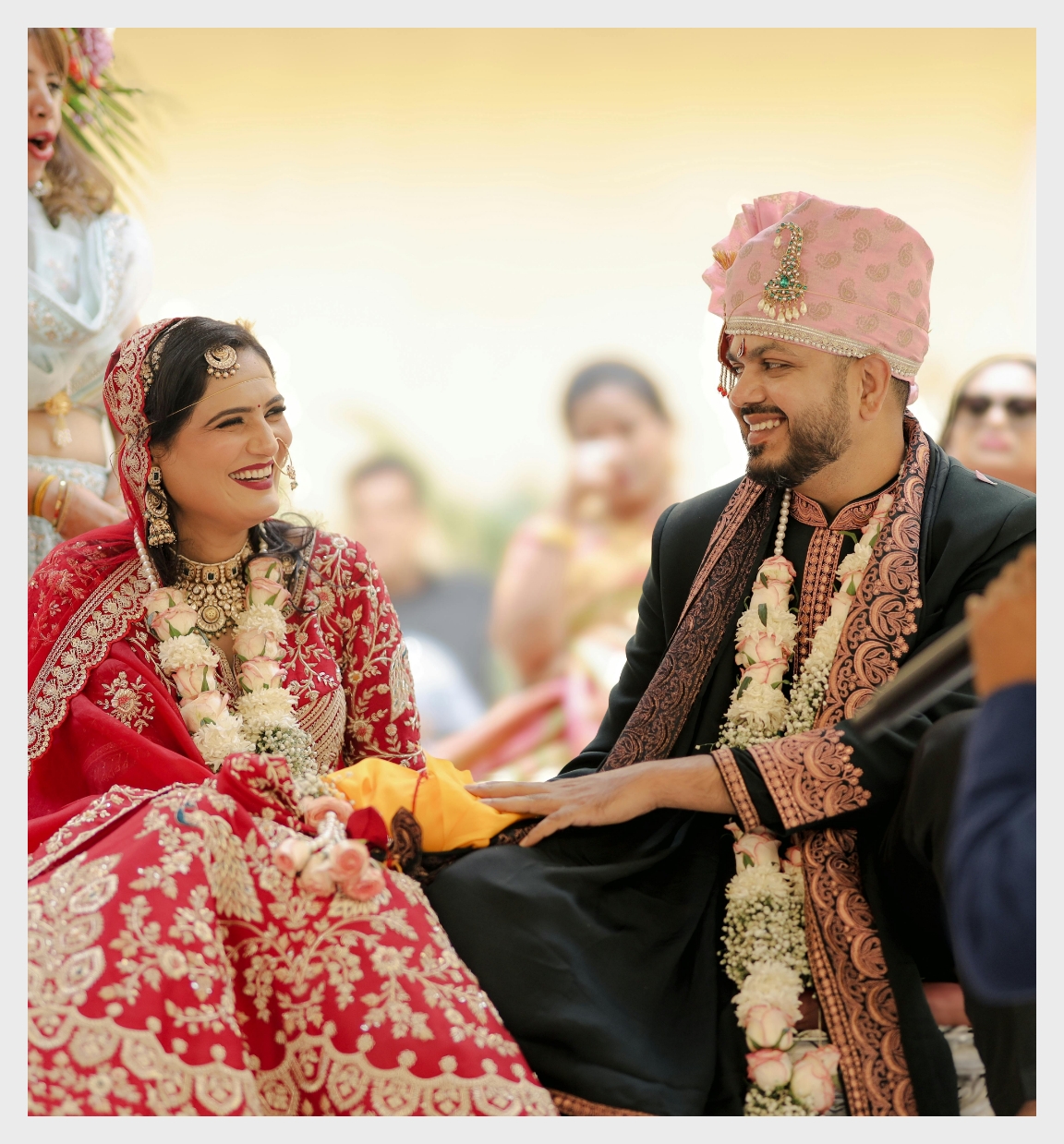
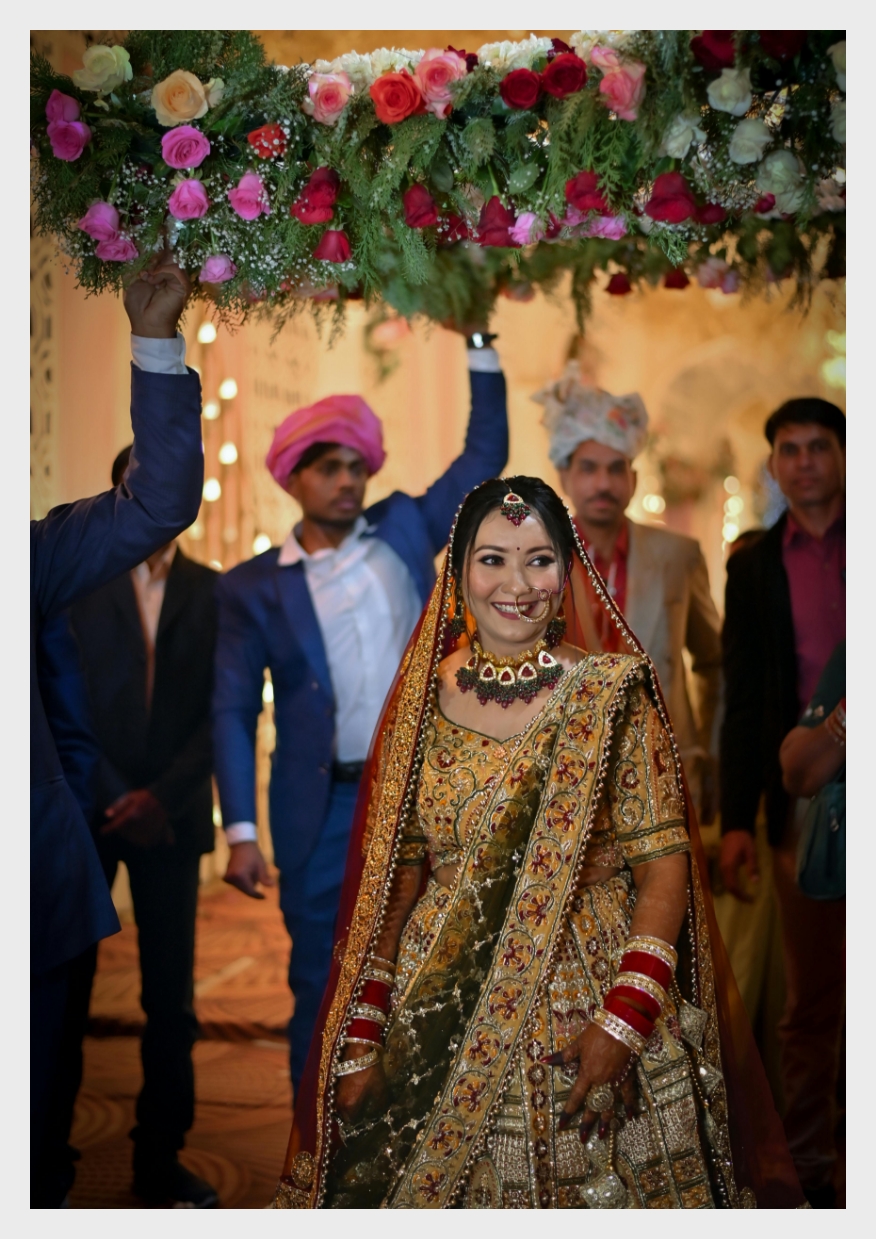
Technology can also help reduce drama. Use digital RSVP tools to manage confirmations and avoid awkward follow-ups. Create categories in your list such as ‘Confirmed’, ‘Pending’, and ‘Declined’, and update them regularly. If your wedding has multiple events, ensure clarity on who’s invited to which function—there’s no shame in inviting someone just for the reception if the ceremony space is limited.
Finally, accept that no matter how hard you try, someone may feel left out. That doesn’t make your decision wrong. Weddings are deeply personal, and your guest list should reflect your shared life and priorities—not just social obligations.
As with most parts of Indian wedding planning, managing the guest list is a delicate dance between tradition and modern choices, emotion and logistics. But with honest communication, thoughtful decisions, and a little bit of patience, it is absolutely possible to create a guest list that’s inclusive, respectful, and drama-free.
Quick Takeaways: How to Avoid Drama While Creating Your Wedding Guest List
- Decide on the type of wedding you want—intimate or grand—before anything else.
- Fix a realistic guest count based on budget, venue size, and desired vibe.
- Divide the list into three parts: couple, bride’s family, and groom’s family.
- Prioritize meaningful relationships over social obligations.
- Be transparent with both families about limits and expectations.
- Set clear rules for plus-ones and stick to them.
- Use digital tools to track invites, RSVPs, and categories.
- Communicate with empathy and firmness when declining additions.
- Be prepared for minor pushback and don’t take it personally.
- Remember: your wedding, your rules—with kindness and grace.
